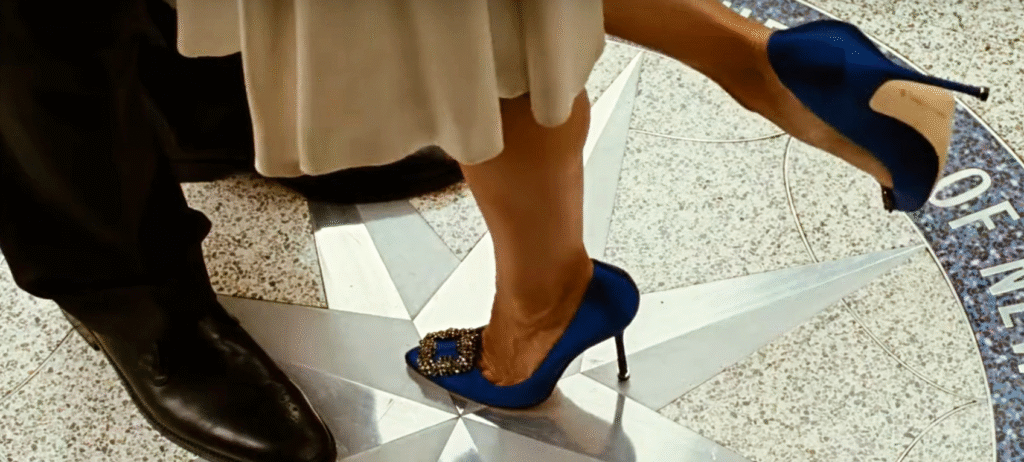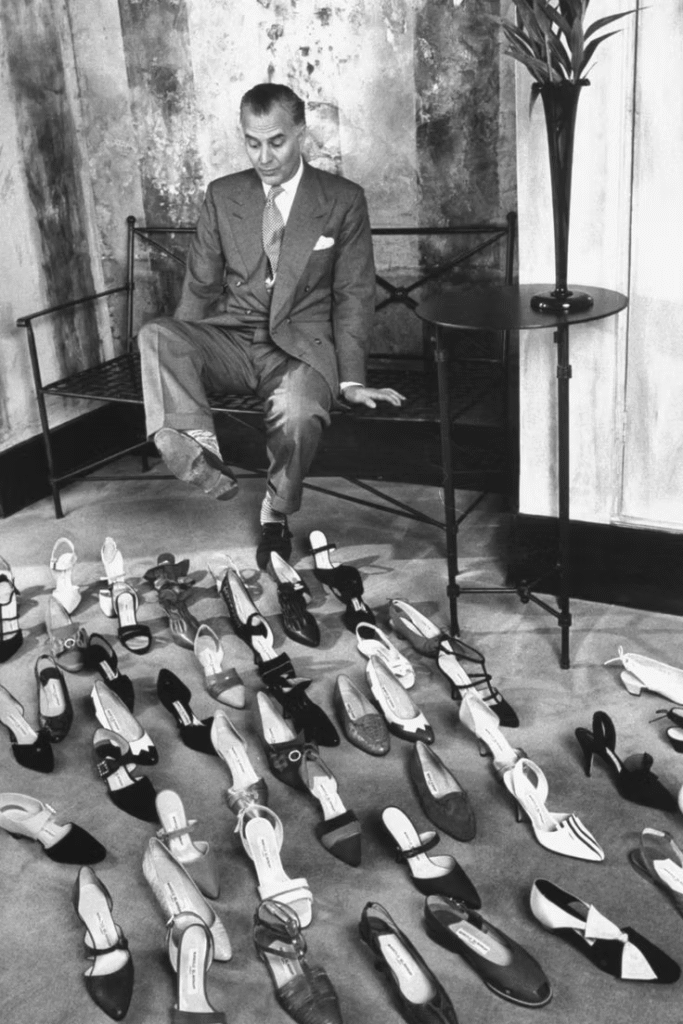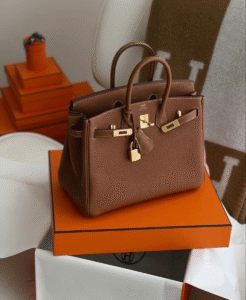
And just like that, Manolo Blahnik emerged victorious in the 20-year trademark battle with the Supreme People’s Court of China awarding them the right to use their own trademark in one of the most lucrative and important export markets. With the Chinese luxury goods market’s predicted growth of 15%-18%, this legal victory does not just pave the path for the brand’s penetration into the market but also could bring about a paradigm shift in the intellectual property protection offered to international brands in the country.
The British brand with a Spanish name, named after its founder, Manuel Blahnik Rodríguez, with its eponymous high-end feminine shoes originated in East London, garnered an international reputation through a feature in the British Vogue, finally launching a collection for the famous Bloomingdale retailer. Despite the British brand, being endorsed by celebrity socialites and transformed into a household name by the popular American sitcom, ‘Sex and the City’, turning their shoes into “collectables” coupled with the brand’s immediate globalisation, still proved to be short for China’s trademark office.

The Chinese businessman Fang Yuzhou filed a trademark application for the name ‘Manolo & Blahnik’ for footwear in 1999 and has owned the same since 2000. The complaint filed by the shoe brand against Fang Yuzhou’s trademark application was rejected by the China National Intellectual Property Administration (CNIPA) due to the insufficiency of evidence proving the brand’s established reputation in China. Despite the denial of the brand’s numerous suits by the courts, Manolo Blahnik’s perseverance paid off with the 2022 verdict which was the result of the case filed by the brand against Fang Zhou at the Supreme People’s Court of China in 2020.
CHINA’s first-to-file rule & Trademark Squatting
The People’s Republic of China falls under the first-to-file system jurisdiction with respect to the protection of intellectual property rights, and unless registered on the mainland, the country does not legally endorse international trademarks. This system provides registration of trademark and the right to use to the applicant that completes the registration the earliest. The China Trademark Office (CTMO) grants the entitlement to a trademark by relying on the date of application or date priority as opposed to the prior use or ownership.

The eligibility of registration of trademarks in China is weighed only against 4 prospects: legality, availability, distinctiveness and non-functional aspect. The availability of trademarks is only cross-checked against the existing trademarks in the CTMO’s official trademark database. Since the country only recognises the trademarks registered in its jurisdiction, the well-known trademarks of foreign origin are left unprotected against bad faith registrations.
While the Trademark law allows for multiple right holders to file for trademark protection, the one who files first is granted the exclusive rights without submission of any proof of prior use of ownership or intention to use unless a specific request is made. This lacunae and the country’s reliance on the principle of good faith to support the trademark filing provides an avenue for trademark squatters to capitalise on well-known International trademarks.
Trademark squatting is an act of registering other people’s marks as their own by squatters in other countries in order to gain benefits from original marks or real trademark owners. This phenomenon is common in the first-to-file system, and particularly rampant in the Chinese market. This is evident with the number of trademark filings increasing over the actual commercial activity in the market. The country had a record number of 10.86 million trademark filings as of 2020. The drop in official application fees, market participants’ pursuit of interest, misperceptions about the true worth of trademark rights, and intrinsic negatives all contribute to the rise in trademark squatting and hoarding.
Trademark squatting and dilution take a whole new form in this country with foreign companies having to register their trademarks in English as well as the Chinese translation lest the same or similar trademark shall be registered by another party or applicant in the Chinese characters.

The protection of brand image and value is another pressing concern while registering in the native language since the meaning is prone to be ‘lost in translation. The American luxury designer Ralph Lauren’s Chinese name lead to the brand’s name being reduced to its literal translation ‘three-legged horse’, which is a prime illustration of the same.
The recent 2013 amendment of the trademark law, however, emphasised the importance of use and the principle of good faith. Article 7 “Registration and use of trademarks shall observe good faith principle” has been added as a general clause to control malicious use and trademark infringement, becoming a stepping stone to more stringent laws against bad faith registrations.
Manolo Blahnik received the court’s judgement with absolute elation, finally being able to sell its products in the Mainland, Hong Kong and Taipei. This judgement could possibly be a landmark victory for international brands reclaiming their well-known trademarks from squatters that are stalling their expansion plans into the Chinese markets. The country has undergone a significant transformation with respect to the intellectual property protection offered by it- with recent amendments to the trademark law and judicial action against bad faith filings, international brands would have better trademark protection as opposed to the past when brands were forced to pay exorbitant money to buy back their own name.








![A Blair Waldorf standalone is in the works !!!! The Queen of Upper East Side is going to have a sequel of her own, with the focus completely on her !
Like she deserves 🫶🏻🙇🏻♀️✨
What is your favourite Blair Waldorf moment from Gossip Girls ?
[Blair Waldorf, Gossip Girls, Sequel, Iconic, Pop Culture, Quotes, Icon, Queen Bee, Let The Raven Talk]](https://lettheraventalk.com/wp-content/plugins/instagram-feed/img/placeholder.png)
